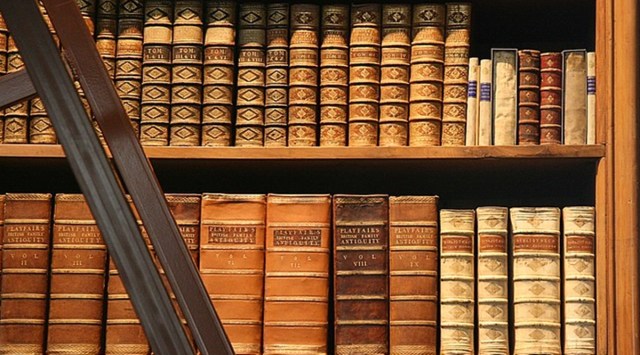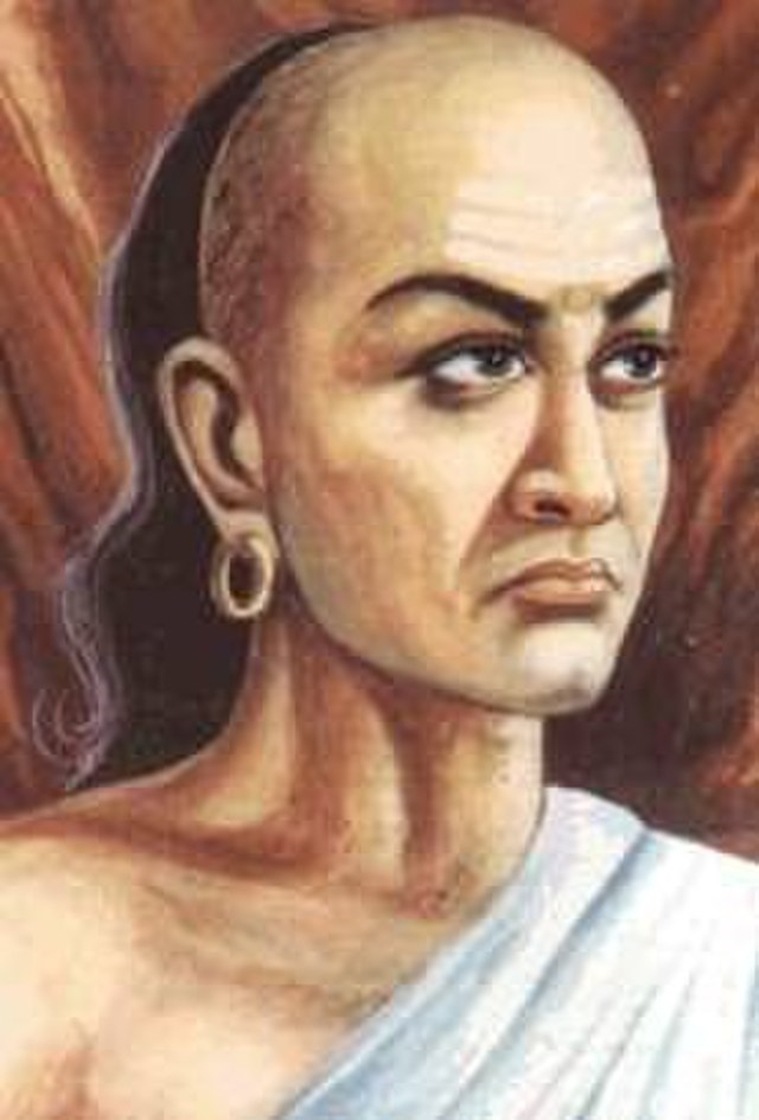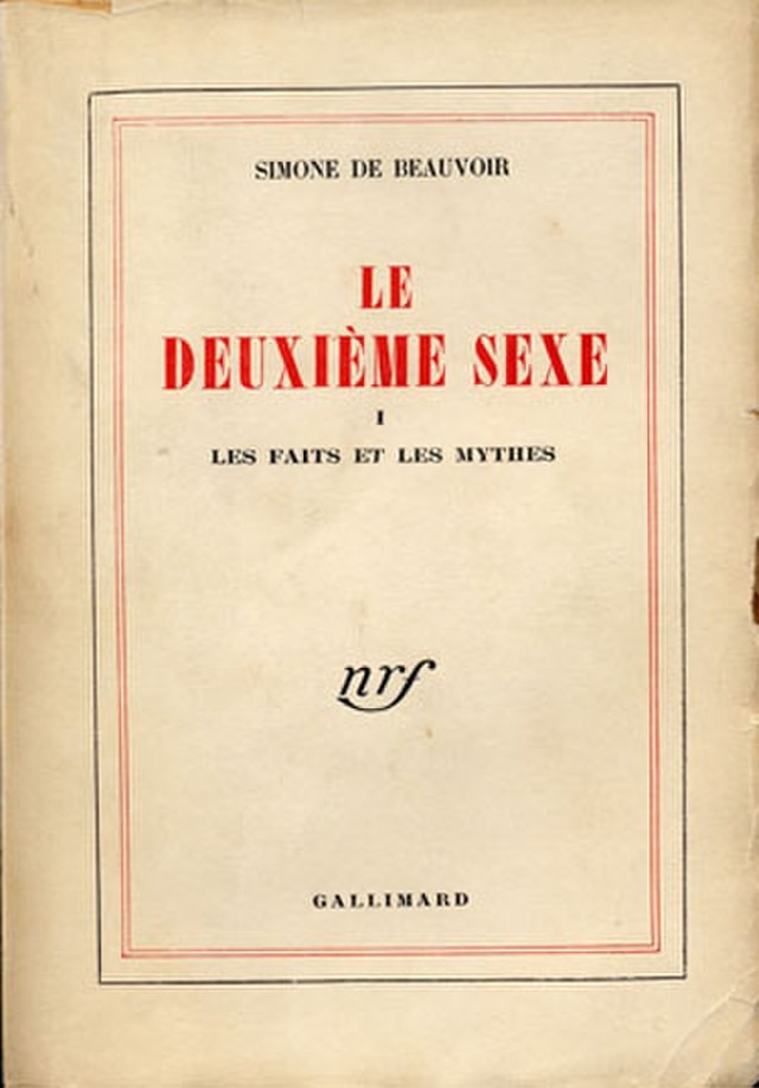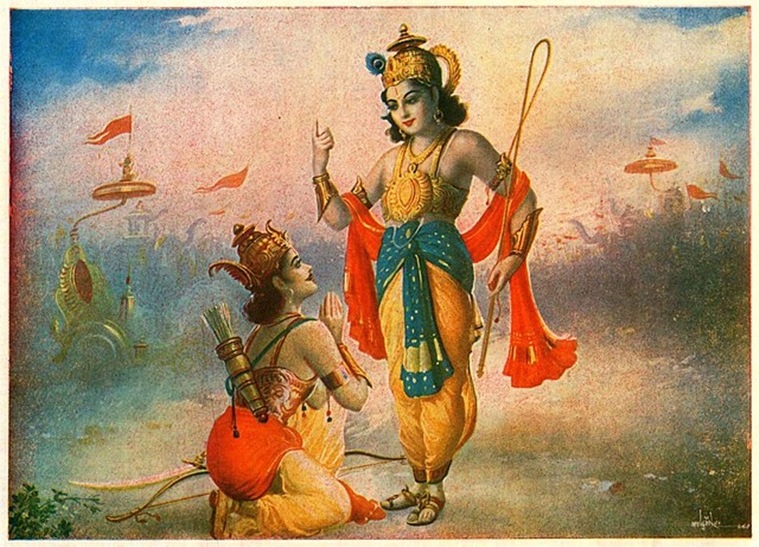World Book Day 2023: History, theme and significance
In honour of literature and reading, April 23 is celebrated annually as World Book and Copyright Day
 UNESCO's idea behind celebrating this day is to encourage people to build a habit of reading books. (Source: Wikimedia Commons)
UNESCO's idea behind celebrating this day is to encourage people to build a habit of reading books. (Source: Wikimedia Commons) Books are the oldest source of knowledge for all of humankind. Be it fiction, non-fiction, biographies or self-published ones, the range is aplenty. In honour of literature and reading, April 23 is celebrated annually as World Book and Copyright Day.
UNESCO’s idea behind celebrating this day is to encourage people all over the world to build a habit of reading books, especially the younger lot. The day is more significant in today’s world, given that reading books has taken a backseat for many owing to information overload from other sources.
According to the United Nations, observing the death anniversary of William Shakespeare, Miguel Cervantes, Inca Garcilaso de la Vega, and the birth anniversary of greats like Haldor K Laxness, Maurice Druon, Vladimir Nabokov, Josep Pla and Manuel Mejía Vallejo, the date, April 23, became a natural choice when it was chosen in 1955.
For this occasion, UNESCO and the international organisations that represent the three major sectors of the book industry, namely publishers, booksellers, and libraries select the World Book Capital for a year.
Accra, Ghana, will serve as this year’s World Book Capital. According to the Director-General of UNESCO Audrey Azoulay, “Indeed, books are vital vehicles to access, transmit and promote education, science, culture and information worldwide.”
The theme for World Book Day 2023 is “Indigenous Languages.” The theme is focused on the native languages of a country.
On the occasion of World Book and Copyright Day, we take a look at five books which define the human race and its vanities in a nutshell:
Arthashastra by Kautilya
 Kautilya wrote Arthashastra. (Source: Wikimedia Commons)
Kautilya wrote Arthashastra. (Source: Wikimedia Commons)
Arthashastra, the famous Sanskrit treatise on statecraft composed in the 3rd century BC, is attributed to the author Kautilya, often identified as Chanakya and Vishnugupta. Translated to English by R. Shamasastry in 1915, Arthashastra reclaimed its place in the 21st century amidst growing conversations about India’s potential to become a global superpower.
On the Origin of Species by Charles Darwin
 On The Origin of Species. (Source: Wikimedia Commons)
On The Origin of Species. (Source: Wikimedia Commons)
A landmark publication in evolutionary biology by Charles Darwin in 1859, On the Origin of Species was the first book to propose a branching pattern of evolution based on natural selection. It contradicted the Christian belief that human beings were unrelated to other animals and eventually contributed to the secularisation of science.
Arabian Nights
 Arabian Nights. (Source: Wikimedia Commons)
Arabian Nights. (Source: Wikimedia Commons)
Originally compiled in Arabic during the Islamic golden age, Arabian Nights is a collection of Middle Eastern folk tales composed mainly in prose, but with occasional verses used for songs, riddles and expression of heightened emotions. The history of Arabian Nights has been immensely debated, with most scholars agreeing that its earliest tales came from India and Persia.
The Second Sex by Simone de Beauvoir
 The Second Sex. (Source: Wikimedia Commons)
The Second Sex. (Source: Wikimedia Commons)
Published originally in French in 1949 as Le Deuxième Sexe and often considered the Bible of Feminism, Beauvoir’s The Second Sex not only inspired second wave feminism but also remains perennially significant owing to its gender-sex distinction. Much of today’s feminist and queer theory bases itself on Beauvoir’s notion of Otherisation of woman in a patriarchal phallocentric society.
Bhagavad Gita
 Bhagavad Gita. (Source: Wikimedia Commons)
Bhagavad Gita. (Source: Wikimedia Commons)
The oldest book on religion, the Bhagavad Gita is a 700-verse Hindu scripture that formed a part of the Indian epic Mahabharata. Traditionally attributed to the sage Vyasa, it is an amalgamation of the Hindu ideas of Dharma, Bhakti, and Moksh, and is revered worldwide for its emphasis on selfless action.
📣 For more lifestyle news, follow us on Instagram | Twitter | Facebook and don’t miss out on the latest updates!



- 01
- 02
- 03
- 04
- 05




























